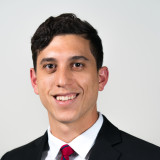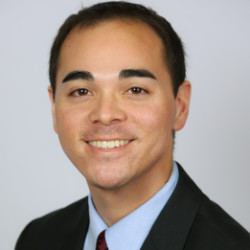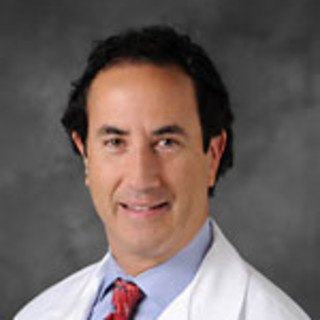Children and teens typically avoid clear liquids much longer than recommended before surgery, according to new data presented at the American Society of Anesthesiologists’ (ASA) annual Anesthesiology meeting. Despite ASA guidelines stating that “efforts should be made to allow clear liquids in healthy children as close to 2 hours before procedures as possible,” nearly 80% of pediatric patients across 12 New England hospitals had a preoperative fast lasting 4 hours or more.
For decades, clinicians have been “hyper focused” on the purported—though unproven—benefit of fasting from clear liquids to reduce aspiration risk while largely ignoring the potential harms, said Alexander Nagrebetsky, MD, a clinician researcher at the Mass General Research Institute and senior author of the study.
He, along with lead author Ethan Lowder, BA, a medical student at Harvard Medical School, and others, explored how well patients and their healthcare teams in the United States were adhering to the ASA fasting recommendations in subgroup analysis of the Million Anesthesia Cases Study. The researchers examined records from 71,835 patients younger than 18 (median age 8 years; 42% female), including 3,771 infants, who underwent elective surgery between 2016 and 2024. Overall, 79% of all patients, and the same proportion of infants, performed prolonged fasting, defined as abstaining from clear liquids for 4 or more hours before surgery, at least twice the recommended duration. There was a drop in the rate during the study period, from 84.3% to 70.2% (P<0.001), in the overall cohort, but no change among infants (75.9% in 2016 and 79.6% in 2024; P=0.33).
Patients fasted for a median of 10.3 hours, with that figure declining from 10.9 to 8.7 hours over time (P<0.001). Infants avoided clear liquids for a median of 6.4 hours, with no significant change during the study period.
Debnath Chatterjee, MD, director of fetal anesthesia at the Colorado Fetal Care Center and chair of the ASA committee on pediatric anesthesia, said these findings confirm that prolonged fasting before surgery is common in children. He said several factors might be contributing, including surgical delays, communication challenges, institutional practices, and clinician preferences.
When it comes to the potential harms of avoiding clear liquids for too long, children are especially susceptible, Dr. Chatterjee indicated, pointing to a “a diminished capacity to compensate for prolonged fasting secondary to smaller energy reserves and immature organ systems. This frequently leads to complications such as dehydration, hypoglycemia, nausea, vomiting, ketoacidosis, and increased analgesic requirement.”
Dr. Chatterjee said that several interventions have been tried to optimize pediatric fasting practices, including staff education, better communication with families and caregivers and between clinicians, institutional protocol changes, and technological measures like automated text message reminders to families.
The topic is highly polarizing, Dr. Nagrebetsky said, with a worldwide movement to liberalize fasting practices met by a counter movement to leave things alone. To overcome resistance to change, he said, evidence around the risks and outcomes of aspiration and the frequency and side effects of excessive fasting is needed so clinicians and families can make informed decisions.
In the meantime, many countries in Europe are shifting to more liberal fasting practices, with some allowing consumption of clear liquids up until the time of surgery, a “Sip Til Send” approach, Dr. Nagrebetsky pointed out. He noted that initial evidence suggests no clinically meaningful increase in aspiration risk.
It is noteworthy that these changes have been made despite prevailing wisdom that it is necessary to abstain from clear liquids before surgery because clinicians are generally reluctant to change their established practices, Dr. Nagrebetsky said.
“What this change in practice towards liberalization of clear liquid fasting suggests to me is there are many clinicians who strongly believe that it is in the greatest interest of our patients to [do so],” he said.
Dr. Nagrebetsky added that education of healthcare professionals and patients is needed “to make sure that people know that the times of ‘nothing after midnight’ have passed and there’s potential for harm from doing things that were standard of care 50 years ago.”
Todd Neale has no conflicts of interest to report.
Illustration by Jennifer Bogartz






